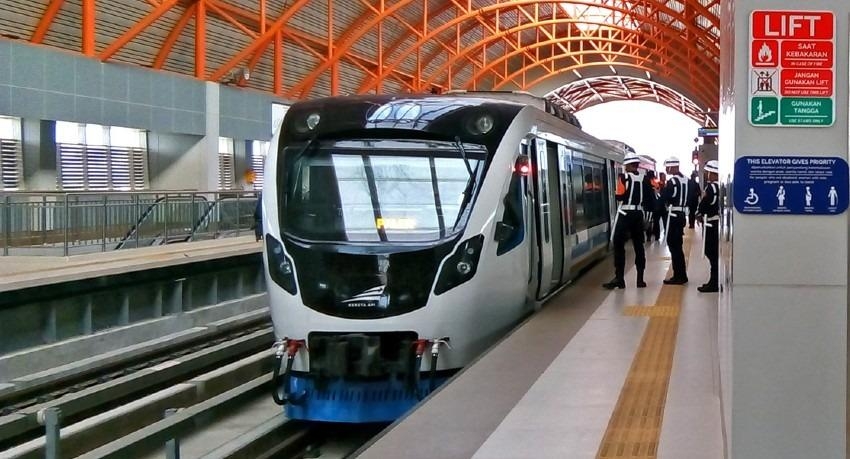Terminating Japan-funded LRT project cost over Rs. 5 Bn to Sri Lanka

When Gotabaya Rajapaksa was elected to power, he ordered the immediate termination of a Japan-funded light rail transit (LRT) project.
A special audit report by the Auditor General of Sri Lanka revealed that this decision alone cost the country Rs. 5.978 Billion.
The project was suspended following a letter issued by the then-Secretary to the President on the 21st of September 2020, citing that the project was not the appropriate cost effective transport solution.
The Japan International Cooperation Agency had provided the facility of paying the said loan during a period of 40 years including a grace period of 12 years and the annual interest rate thereon was 0.1 per cent.
A special audit report by the Auditor General of Sri Lanka revealed that the decision to terminate the project without any proper study led to an uneconomic expenditure of Rs. 5.978 Billion that was already spend on the project.
It said that the Government of Sri Lanka had decided to unilaterally terminate Japanese-funded Light Railway project with no alternative solutions.
Despite having commenced the implementation process of the Light Rail Transit System Project, the Government of Sri Lanka had decided to terminate the project unilaterally and a sum of Rs. 5,978 million had been incurred as cost on the project whereas a sum of Rs. 604 million remained payable as outstanding invoice value by 31 December 2021, and that sum has not yet been settled.
Additionally, a sum of Rs. 167 million had been claimed by the consultancy firm as expenses relating to the termination of project. This sum would be observed as an uneconomic expenditure incurred by the Government of Sri Lanka in case of failing to recommence and complete the implementation of the project by utilizing the results already gained through the expenditure so incurred.
The decision taken by the Government of Sri Lanka unilaterally, the claim of Rs. 5,169 million (inclusive of the outstanding amount of Rs. 604 million payable to the consultancy firm as mentioned in Paragraph 6.1 above and the sum of Rs. 167 million demanded by the consultancy firm as expenses relating to the termination of project) demanded by main consultant- Oriental Consultants Global Company Limited, or the sum paid in favor of that request as well as interest on delay of compensation likely to be paid in due course along with any other payment, would certainly become an uneconomic expenditure for the Government of Sri Lanka.
